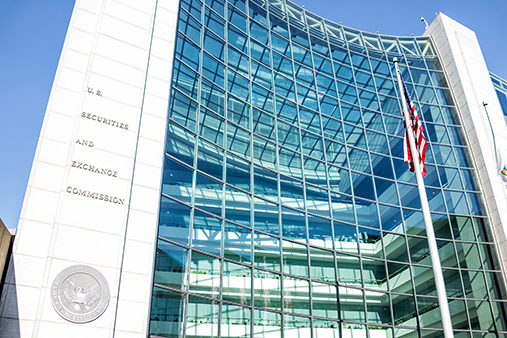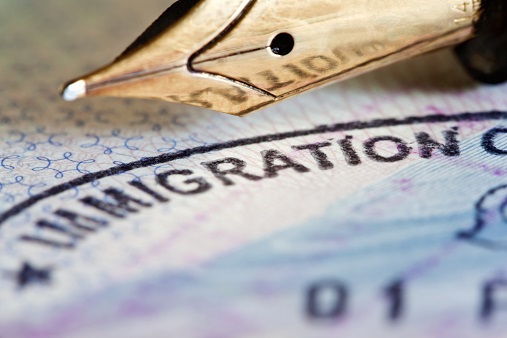The U.S. Supreme Court took on the analysis of laches in a March 2017 decision in SCA Hygiene Products Aktiebolag, et al., v. First Quality Baby Products, LLC, et. al. The Supreme Court held that the equitable doctrine of laches cannot be invoked as a defense against a claim for damages brought within the six-year limitations period of 35 U.S.C. § 286 – and further held that such a remedy is not codified in 35 U.S.C. § 282.
Effectively, this holding eliminates the potential for a defendant to argue under the doctrine of laches that a plaintiff in a patent infringement action unreasonably delayed bringing the patent infringement action and allows the plaintiff to recover damages over the previous six-year period, regardless of when the plaintiff became aware of the infringement or the length of time the infringement has occurred.
Before SCA, the analysis of the remedy of laches in limiting patent damages was controlled by the holding in A.C. Auckerman Co. v. R.L. Chaides Constr. Co., 990 F.2d 1020, 1030 (Fed.Cir. 1992). In Auckerman, the Federal Circuit held that § 282 recognized a laches defense in harmony with § 286 as the laches defense “invokes the discretionary power of the court to limit the defendant’s liability for infringement by reason of the equities between the particular parties.” In this recent case, First Quality argued that Congress had implicitly ratified the proposition that § 282 includes a laches defense by leaving the language of § 282 untouched after this interpretation of § 282 had been applied by lower courts. The Supreme Court rejected the premise that the remedy of laches was codified by § 282, holding that the period of limitation codified in § 286 by Congress “reflects a congressional decision that the timeliness of covered claims is better judged on the basis of a generally hard and fast rule rather than the sort of case-specific judicial determination that occurs when a laches defense is asserted.” The Supreme Court found that Congress’ clear establishment of the period of reasonableness for bringing a patent infringement claim is reflected in the language of § 286, which reads, in part:
Except as otherwise provided by law, no recovery shall be had for any infringement committed more than six years prior to the filing of the complaint or counterclaim for infringement in the action.
The Supreme Court’s holding was not unexpected and the reasoning followed the court’s holding in Petrella v. Metro-Goldwyn-Mayer, Inc., 134 S. Ct. 1962 (2014), which addressed similar language in the Copyright Act and confirmed that laches was not available as a defense during the codified limitation period of three years. In SCA, the Supreme Court found no reason to disregard the general rule that laches does not apply to damages suffered within the period of a statute of limitations in the specific context of a patent infringement suit.
The ruling in SCA will now allow a patent owner to wait to bring an infringement suit without concern for it being found that it waited an unreasonably long. For example, a patent owner may wait until the accumulated damages by a putative infringer have grown to an amount that makes filing a suit more attractive financially. It should be noted that the § 286 period of limitation is on the recovery of damages and does not bar bringing suit at any time during the period of enforceability of the patent. The patent owner, absent some other limitation on damages available to the putative infringer, may wait for any amount of time during the period of enforceability of the patent and bring suit.
Notably, this decision does not address the equitable principle of estoppel, which was also at issue in the case, but not part of the appeal. The ruling also does not change the effect of the various limitations on damages codified in 35 U.S.C. § 287.
For more information, contact the Barnes & Thornburg attorney with whom you work or a member of the firm’s Intellectual Property Law Department in the following offices: Atlanta (404-846-1693), Chicago (312-357-1313), Columbus (614-628-0096), Dallas (214-258-4200), Delaware (302-300-3434), Elkhart (574-293-0681), Fort Wayne (260-423-9440), Grand Rapids (616-742-3930), Indianapolis (317-236-1313), Los Angeles (310-284-3880), Minneapolis (612-333-2111), South Bend (574-233-1171), Washington, D.C. (202-289-1313).
© 2017 Barnes & Thornburg LLP. All Rights Reserved. This page, and all information on it, is proprietary and the property of Barnes & Thornburg LLP. It may not be reproduced, in any form, without the express written consent of Barnes & Thornburg LLP.
This Barnes & Thornburg LLP publication should not be construed as legal advice or legal opinion on any specific facts or circumstances. The contents are intended for general informational purposes only, and you are urged to consult your own lawyer on any specific legal questions you may have concerning your situation.
Visit us online at www.btlaw.com and follow us on Twitter @BTLawNews.









/Passle/6488d4630e7e25c9ac9f834a/SearchServiceImages/2024-08-22-21-09-42-814-66c7a9167c25ae3ecd362787.jpg)

/Passle/6488d4630e7e25c9ac9f834a/SearchServiceImages/2024-08-21-16-53-04-583-66c61b702c11c56cda8987a4.jpg)
